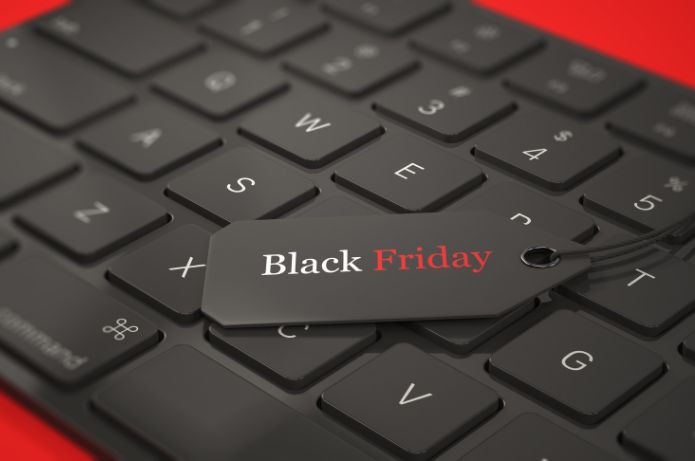Black Friday, a relatively new commercial event in Brazil, held on the last Friday of November, quickly became an expressive date in Brazilian commerce. Celebrated about one month from Christmas, the date occupies today the second place in terms of e-commerce movement in the country, just behind Christmas. According to the Brazilian Association of Electronic Commerce (ABComm), the 2024 edition of the season of offers should move R$7.93 billion in e-commerce an increase of about 10% compared to last year.
Unlike other important commercial dates, Black Friday entered the national calendar in a period of rapid growth of digital. Its emergence coincided with the expansion of online stores and marketplaces, the surge in popularity of social networks and the consolidation of streaming services. This context makes Black Friday a prime opportunity for innovation, audience expansion and sales leverage.To succeed, however, retailers must use competitive marketing strategies for the digital environment.
According to Tiago Cardoso, Managing Director for Latin America at Criteo, a commerce media company, the outlook for Black Friday 2024 is highly promising for retail. This optimism is underpinned by consumer economic and behavioral trends as well as the maturity of advanced digital marketing strategies such as retention and retargeting techniques, contextual targeting, predictive AI and retail media.
To break through the competitive landscape of Black Friday 2024, retailers need to consider a few key factors to shape their strategies and drive sales.
- Check out these insights to devise the ideal strategy for Black Friday 2024:
- Economic trends set the stage for increased spending
In August 2024, Brazil showed positive labor market trends over the same period of 2023: average income increased by 2.7%, the unemployment rate fell by 0.9 percentage points and the number of people employed increased by 2%. These improvements suggest that purchasing power is increasing. This is especially relevant for Black Friday, as consumers may be more inclined to try new brands and product categories. In 2023, for example, Criteo reported a 13 percentage point increase in new buyers in the second half of November 13 to (13131 PT) - Health and beauty on the rise as opposed to the drop in popularity of electronics
According to a Nielsen survey commissioned by Criteo, Brazilian consumers are more interested in the categories Fashion (clothes, footwear and accessories), Electronics (appliances, mobile phones and tablets) and Personal Care (cosmetics and hygiene) for Black Friday. Criteo also noted changes in spending in relation to the 2022 Black Friday season, with sales in the Health and Beauty segment rising 7.6%, while Consumer Electronics purchases fell 2.5%. - Consumer concerned about prices and driven by planning
Black Friday in Brazil involves extensive consumer planning and low brand loyalty, resulting in the requirement to capture attention and achieve sales. Lower prices or attractive discounts are the main motivator for 78% of Brazilians, with 53% buying more on Black Friday than at other times of the year. Most consumers search and compare prices (62%), and a third (32%) reserves a specific budget for the event. Digital channels play an important role, with 64% of consumers accessing the internet for more than five hours daily and %. - Broadening the funnel: the success of complete funnel strategies
In a competitive landscape with an increasingly analytical consumer journey, a multi-channel strategy that integrates top and bottom-of-the-funnel tactics is essential. A Criteo survey in the Fashion segment revealed an 11-point increase in return on ad spend (ROAS) in November 2023 for brands that have reached top and bottom audiences (30%), compared to those that invest only in the funnel base (18%). For support, Criteo offers advanced technologies for customer acquisition, retention and retargeting, with cutting-edge, personalized and AI-powered strategies.


